The fact that some of the best and most effective pesticides that are eco-friendly even available in your garden may surprise you somehow. Some plants are capable of fighting against weeds, harmful pests and fungus, the worries that give you terrible headaches before. Long before, people have been using some plants to eliminate pest threats, from colorful flowers to dangerous trap plants, there is a variety of ways to keep your garden safe without polluting the environment.
Having known the damaging effects of chemicals on our health, especially when we overuse them, most people are now searching for natural pesticides that work just as effectively as synthetic chemicals. Therefore, we created this post to help you find the right plant pesticides adapting well to your soil condition and planting zone.
In this post, there’re 3 zone options ranging from cool to hot zone, and there’re 3 natural plants for each of the zone. Let’s check out our collection below!
#1. Cool-planting Zone (Zones 1-5)
If you live in the Midwest or high Northeast, these plants are suitable for you!
1. Sunflower
 Source: The Old Farmer’s Almanac
Source: The Old Farmer’s Almanac
These lovely plants are both visually appealing and beneficial to neighboring plants. Sunflowers serve as a “trap” species, capturing harmful pests and reducing their impact on other vegetation.
2. Borage
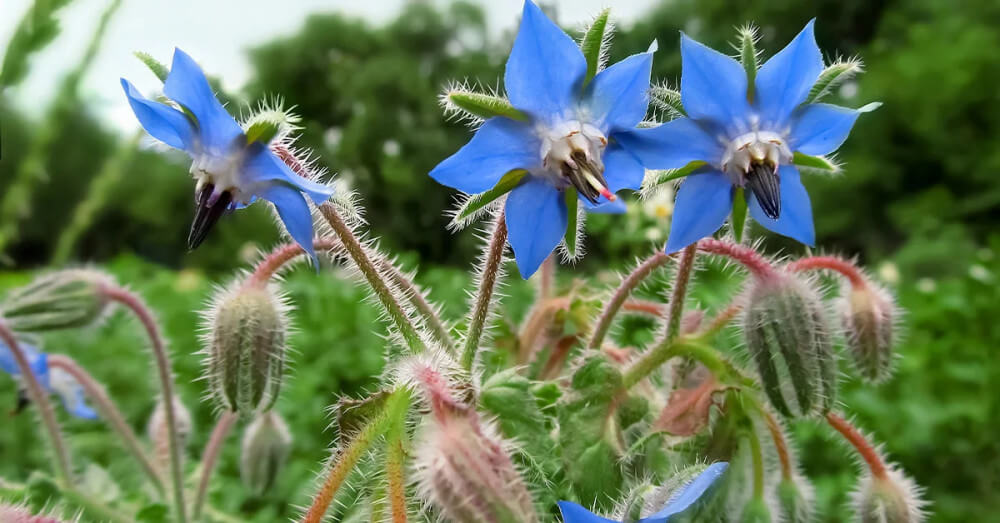 Source: Healthline
Source: Healthline
This edible shrub, bee-friendly and ideal for landscapes in colder climates, may not be well known to you. It repels some of the bugs that vegetable producers detest the most, such as the dreaded tomato hornworm and cabbage worms.
3. Garlic
 Source: The Guardian
Source: The Guardian
Garlic, a favorite among foodies and culinary specialists, repels one of the gardener’s least beloved pests: the Japanese beetle.
#2. Warm-planting Zone (Zones 6–9)
This zone is well-known for being easy for plants to grow, giving gardeners various choices from colors, shapes, and species. The U.S. should take the 3 following plants into account.
4. Marigolds
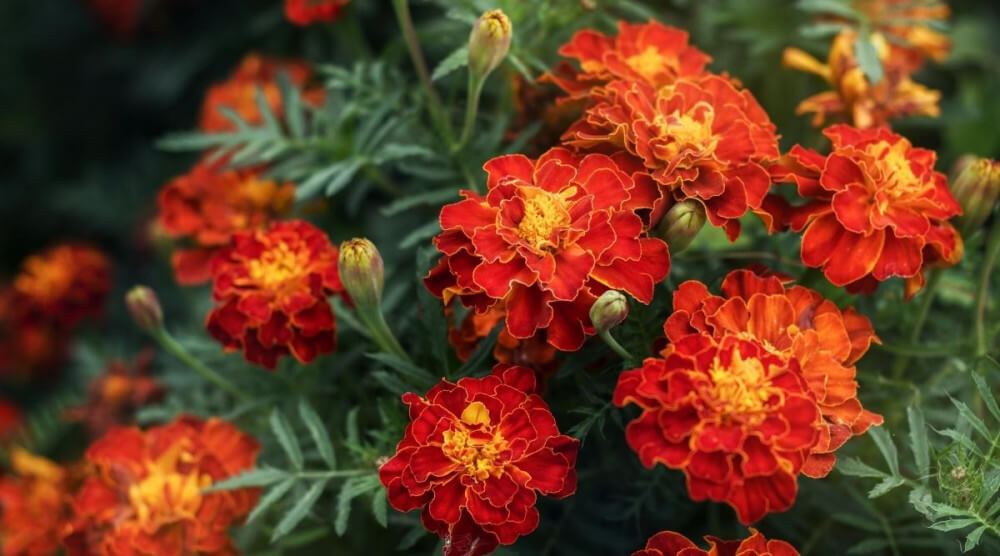 Source: All About Gardening
Source: All About Gardening
Marvelously colorful and smelly blossoms repel spider mites, snails and hungry rabbits
5. Chrysanthemums
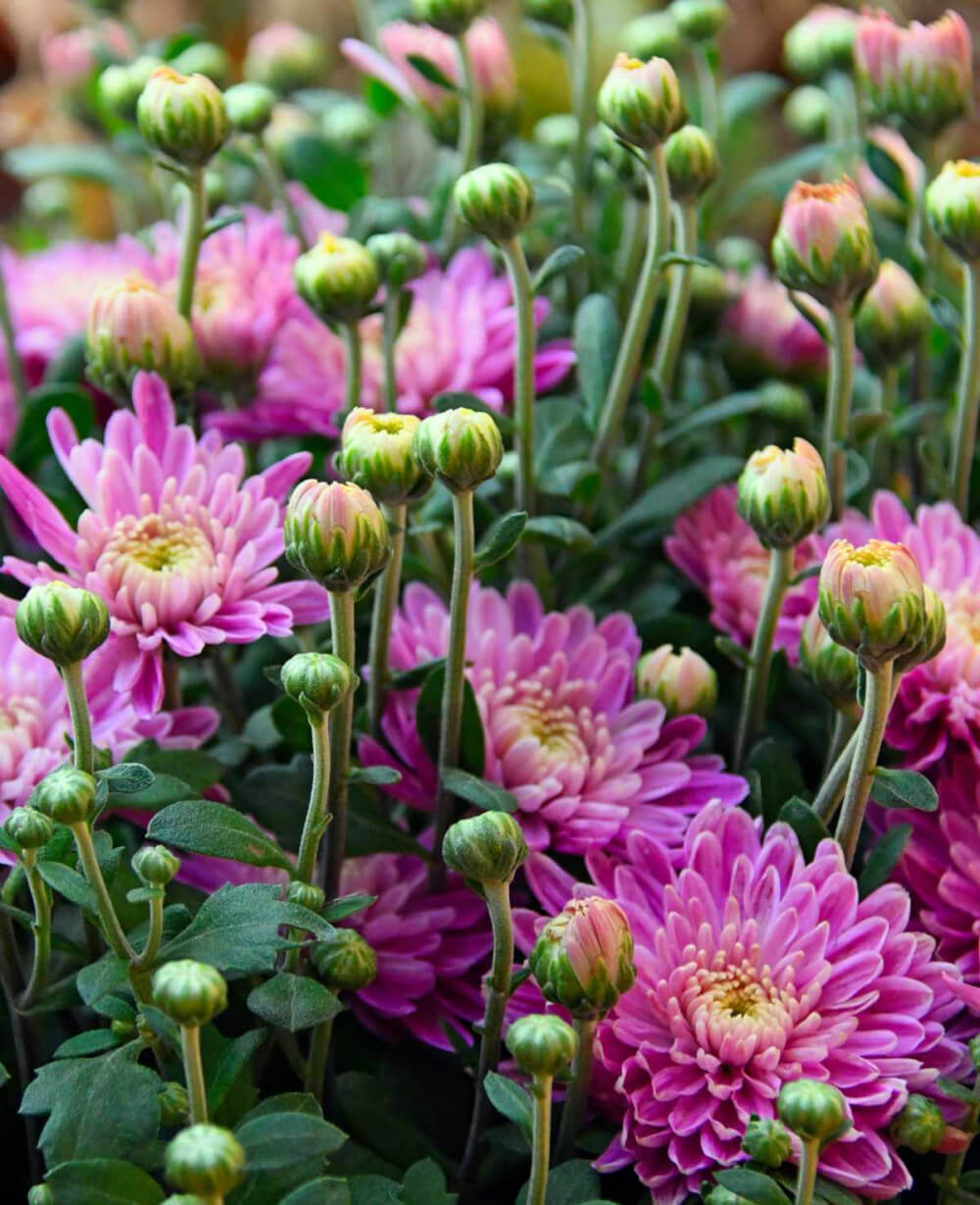 Source: Nature & Garden
Source: Nature & Garden
These useful plants are a frequent component of many contemporary pesticides. Seasoned cultivators refer to these autumn-loving plants that discourage roaches, fleas, ticks, bed bugs, and the odd louse.
6. Lavender
 Source: The Pioneer Woman
Source: The Pioneer Woman
Being one of the most recognized smells in the world, lavender can prevent fleas and pest insects in addition to luring pollinators.
#3. Hot-planting Zone (Zones 10–13)
These 3 plants are the best pesticides to use in the subtropical.
7. Nasturtiums
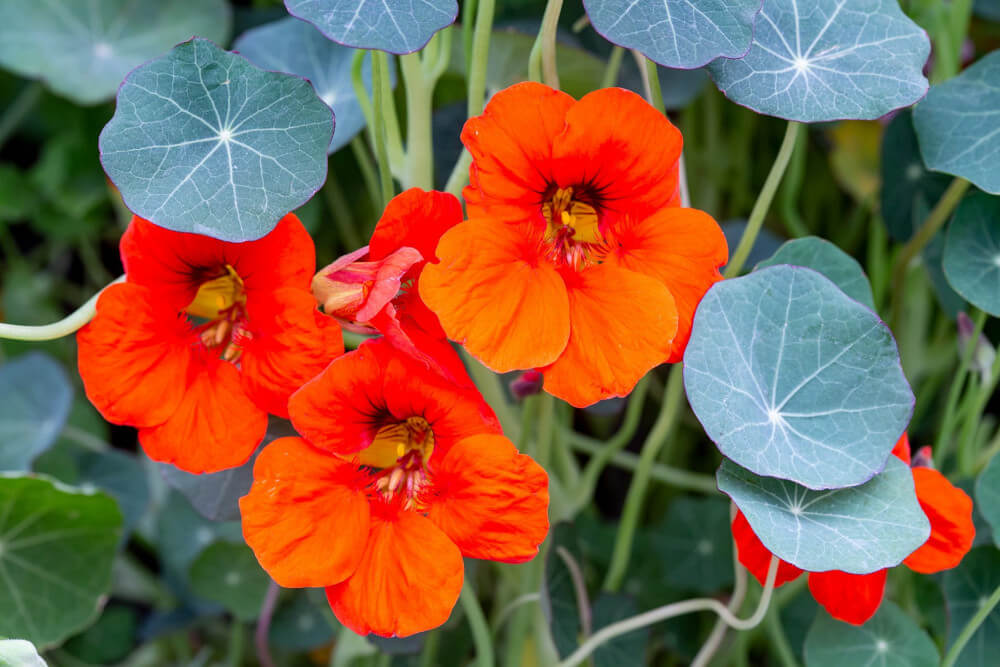 Source: Gardeners World
Source: Gardeners World
Nasturtiums not only add stunning color to salads, but they are also a pest-fighting powerhouse. These plants repel hundreds of pest species and are even used in industrial farms to safeguard vulnerable veggies.
8. Rosemary
 Source: Gardener’s Path
Source: Gardener’s Path
Warmer zones frequently have greater levels of moisture and humidity, which encourages harmful snail and slug activity. Planting rosemary near your leafy greens will deter soft-bodied pests while also providing a rich fragrance to the garden.
#9. Catnip
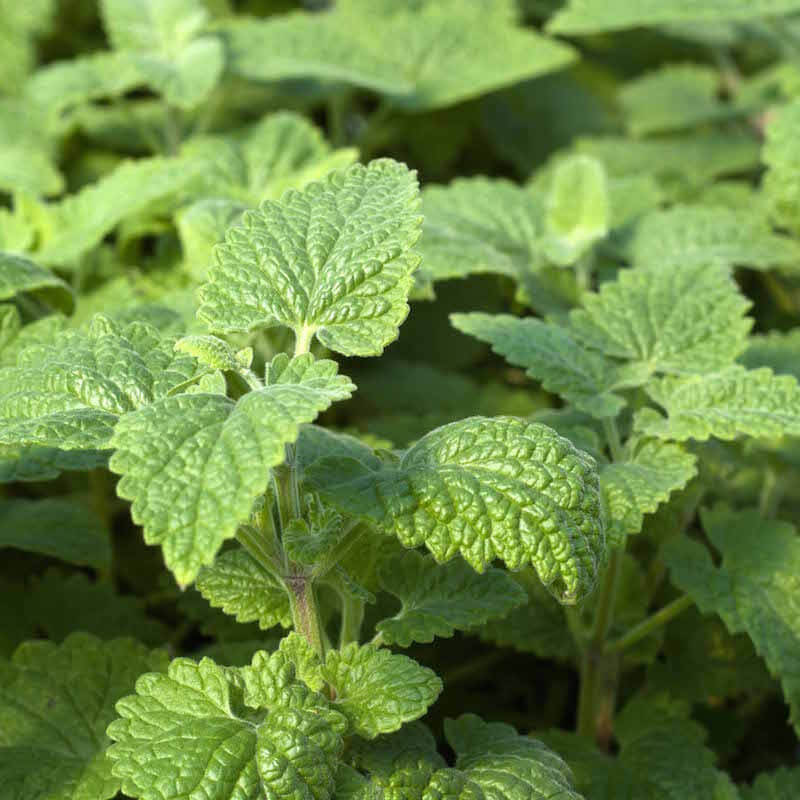 Source: The Growers Exchange
Source: The Growers Exchange
Catnip is a great shrub for gardens and your “cats” whether you plant it inside or outside the house. These mounding shrubs are born to drive off aphids, squash bugs, beetles, or even the weevil.
